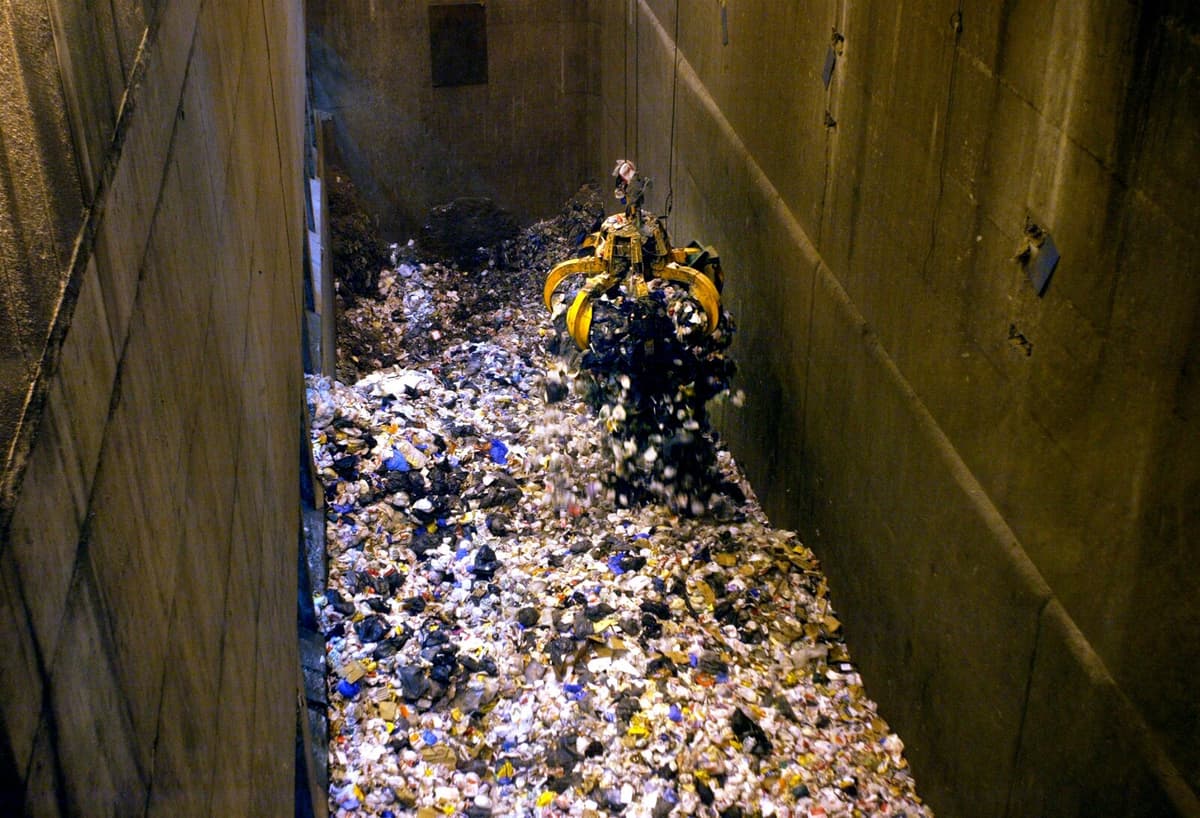Criminality within waste management is extensive and particularly within waste transportation, both deficiencies and criminality occur. This is stated by the police who have thoroughly examined 6 municipalities and 139 waste transports.
The control effort, which has been carried out with several authorities, is part of the development project Vital, where they are trying to find new measures against waste-related crime.
In some of the municipalities, it turned out that four out of five transports had deficiencies, such as lacking transport permits or neglected sorting requirements. Companies that systematize this can, according to the police, likely earn large sums of money.
47 police reports
The samples have led to 47 police reports, 20 permit injunctions, and 10 issued environmental sanctions. The 6 municipalities are Linköping, Södertälje, Helsingborg, Uppsala, Örebro, and Stockholm.
It is difficult to draw general conclusions about the problem based on the samples, but Henrik Forssblad, operational developer for environmental crime at the National Operational Department, emphasizes that the waste industry is an area that organized crime is increasingly interested in.
This is a problem area that is growing, he says.
Criminality within the waste industry in Sweden has been estimated in an earlier EU report from 2021 to amount to between two and six billion kronor, of which over one billion kronor concerns hazardous waste.
Think Pink
The most notable Swedish case concerns the company Think Pink, where eleven people are currently on trial for environmental crimes. The case has helped to highlight the problem in the country and to get more people to want to invest in prevention, believes Henrik Forssblad.
It costs several million to clean up these areas. It became an eye-opener in a rather brutal way, he says.
What they are primarily focusing on now is to increase cooperation between the authorities, such as the police, municipalities, county administrative boards, and the Environmental Protection Agency, to become better at detecting criminality.
Besides the high costs of cleanup, criminality can lead to extensive damage to nature. This applies particularly to environmental crimes that are not detected, for example, hazardous waste being buried in the ground.
The damage will often be discovered by future generations. The dark figure is a concern, says Henrik Forssblad.






